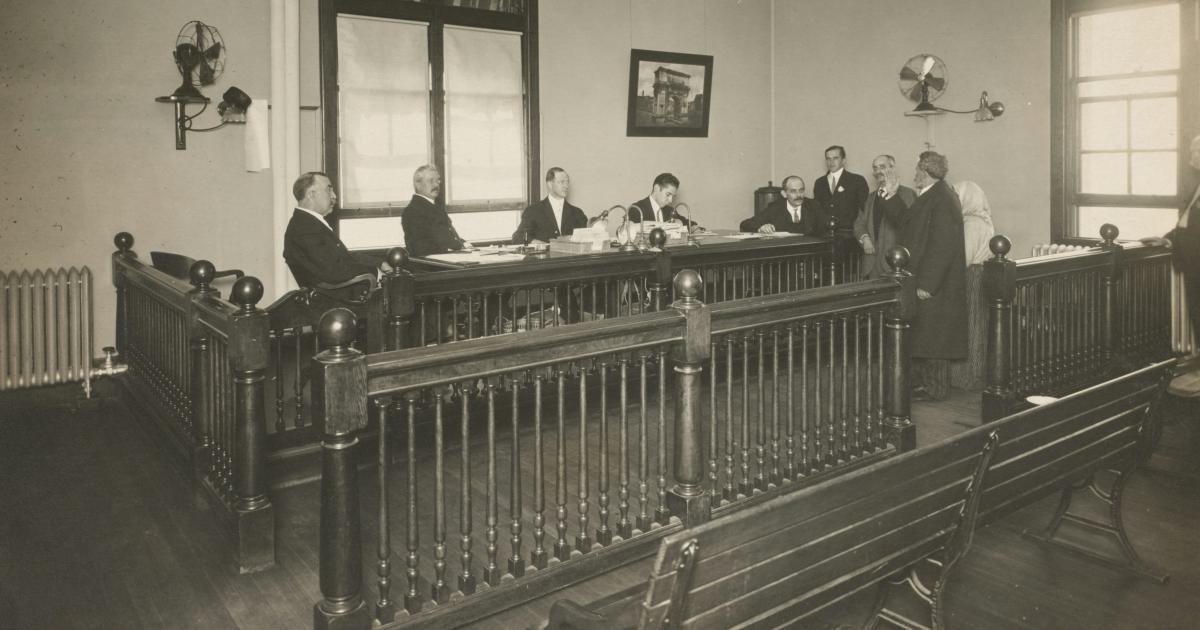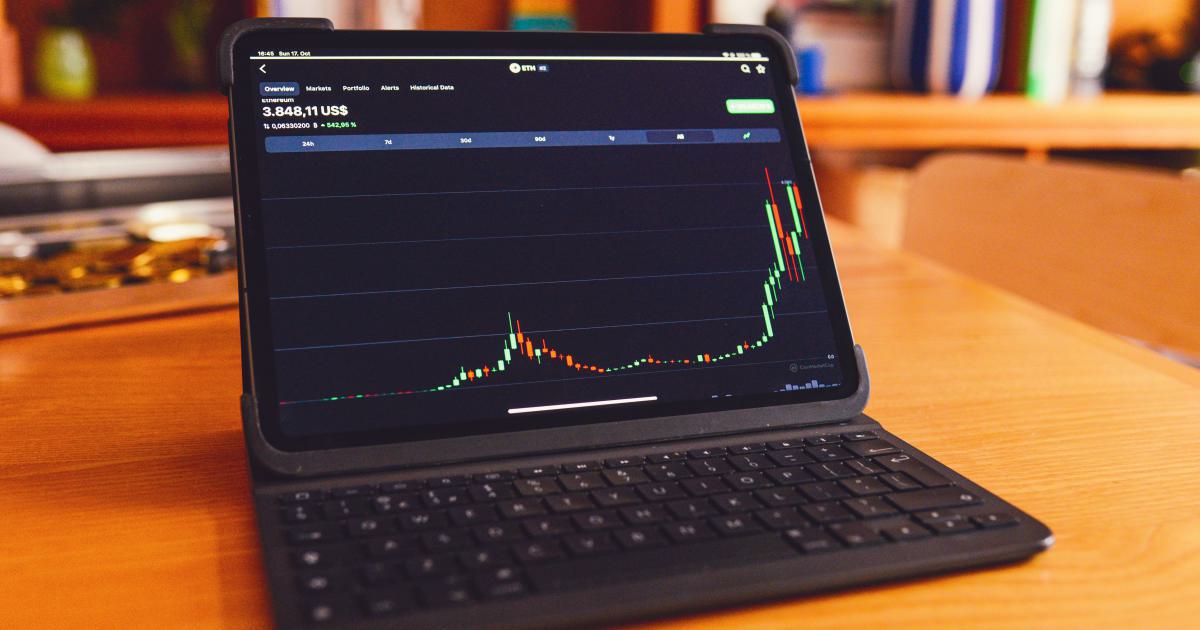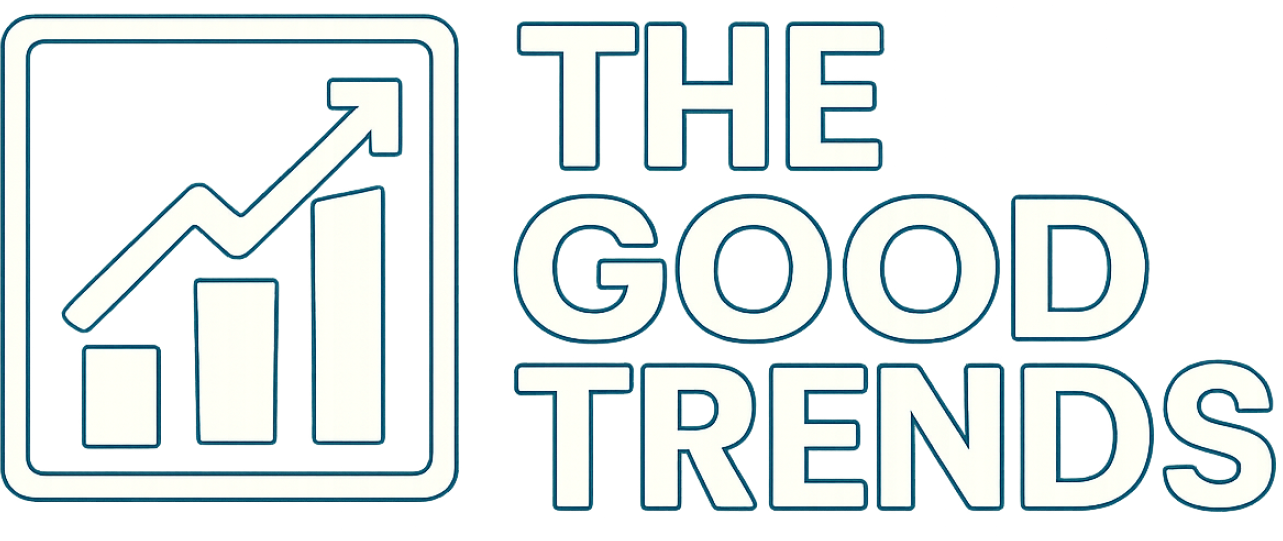Self-Attribution Bias: An Honest Trader's Self-Evaluation

Opening Hook
Imagine stepping into the chaotic world of trading, where every decision carries the weight of a career and every mistake, a harsh lesson. In the world of finance, biases are not just abstract psychological theories—they have real impacts on trading performance. One such bias, self-attribution bias trading, can skew judgment and lead even the sharpest minds astray. In the early days of my trading career, I found myself riding highs of victories while dismissing my losses as anomalies of the market. This imbalance in self-assessment not only fueled overconfidence but also masked the lessons that lay hidden in my failures.
"Success in trading isn’t just about winning trades, but understanding the causes behind every outcome—good or bad."
Every trader, from the novice to the veteran, has their own narrative of triumphs and tribulations. But beneath these personal stories lies a common psychological thread—a tendency to attribute positive outcomes to personal skill while blaming negative outcomes on external factors. This self-attribution bias not only colors our memories but also the decisions we make in future trades.
The global financial markets are brimming with data, charts, and the unpredictable human element. As traders, we often believe that our achievements stem entirely from our expertise, while our errors are chalked up to market volatility or bad luck. Yet, the true test of a trader's mettle lies in honest self-evaluation, reinforced by a deep understanding of biases that influence our behavior. In this article, we'll explore the journey of grappling with self-attribution bias trading, punctuated by real-life anecdotes, insightful dialogue, unexpected plot twists, a dramatic climax, and a resolution filled with practical takeaways.
The Journey
The journey towards self-awareness in trading is as arduous as it is enlightening. Let’s trace the path of one determined trader—Alex—and his evolving relationship with self-attribution bias. Alex, like many of us, began his trading career with dreams of soaring profits and a belief in his impeccable judgment. However, it wasn’t long before Alex encountered the pitfalls of overconfidence rooted in his biased self-assessment.
The First Trading Triumph and the Shadow of Bias
In the nascent days of his career, Alex landed a series of profitable trades. Every time he profited, he attributed his success to his sharp insights and analytical acumen. He proudly proclaimed, "I knew the market was ripe for this move!" Yet, as the months passed, he encountered unpredictable market downturns. When losses occurred, he attributed them to external factors such as market manipulation, unforeseen global events, or even the mere vagaries of a capricious market. This duality laid the groundwork for self-attribution bias trading.
Alex’s story mirrors that of many traders:
- Wins: Skill, strategy, and foresight.
- Losses: Bad luck, external market forces.
This skewed perspective strengthened his self-image, reinforcing the belief that he was a brilliant trader destined for greatness, despite evidence to the contrary.

Recognizing the Bias
It wasn’t until a particularly challenging trade that a light bulb went off for Alex. After a series of losses, frustrated and eager for a solution, he attended a seminar on behavioral finance. There, a seasoned psychologist specialized in financial decision-making explained the concept of self-attribution bias. Alex was startled to learn that successful traders often fall into the trap of attributing wins exclusively to their skills while dismissing losses as mere external misfortunes.
The realization hit him like a freight train. As he listened, he thought back to those moments of euphoria after winning trades and the rationalizations following losses. The concept was simple yet profound: if you consistently overestimate your role in success and downplay your contribution to failure, your learning is stunted, and your trading strategies remain flawed.
"We must learn to accept that both victories and defeats are the sum of our actions and the unpredictable nature of the market."
Armed with this new understanding, Alex set out on a journey of self-discovery, determined to recalibrate his mindset and strategies.
Recalibrating the Mindset Through Self-Reflection
Alex began to implement routine self-evaluations after every trading session. He documented not only his decisions but also the factors influencing his judgment. By meticulously tracking each trade, he could retrospectively evaluate whether his assumptions held up against the reality of outcomes.
During these reflective sessions, he started to see a recurring pattern—his best decisions were coupled with a clear and humble admission of uncertainty, while his most overconfident moments led to hasty, impulsive trades. Through this process, self-attribution bias trading took on a more tangible shape in his daily routine.
"Honesty in self-evaluation is the cornerstone of progress. Accept your mistakes, learn from them, and move forward with humility."
This newfound clarity was both humbling and empowering. Alex’s evolving thought process was like peeling back the layers of an onion—each layer revealing another facet of his trading psyche previously shrouded by biased interpretations.
Character and Dialogue
As Alex continued his journey, he found inspiration and guidance in the community of traders who shared similar experiences. One memorable encounter occurred at a local trading meetup, where he met Maya—a veteran trader known for her disciplined approach and unbiased self-assessment.
A Dialogue That Changed Perspectives
During one of their intense discussions, Maya shared, "Alex, every trader faces the lure of self-attribution bias. How do we overcome it? By challenging our assumptions and intentionally seeking feedback, both from our trading results and from trusted peers." Her words resonated with Alex, and they embarked on a series of deep conversations that reshaped his approach to trading.
In one pivotal talk, Maya asked, "Do you remember the trade where you lost significantly because you ignored an important market signal? Instead of blaming the market, what if you had considered the possibility that your analysis was flawed?" Alex conceded, admitting that he had brushed aside that loss as a mere anomaly.
Their dialogue marked a turning point. Alex began to incorporate honest post-trade reviews, inviting critique and discussion with his peers. This collaborative approach not only diversified his perspectives but also helped him identify and correct his cognitive biases.
"Feedback is the mirror reflecting our hidden flaws. Embrace it, and the picture becomes clearer."
The Role of Self-Evaluation in Trading Strategy
Maya introduced Alex to the concept of maintaining a detailed trading journal—a tool that recorded not just the numbers, but the emotions, thoughts, and justifications behind each trade. This journal soon became his most trusted companion. In it, he noted every victory and defeat, examining patterns and disparities in his decision-making processes.
Maya explained, "By writing down your rationale for each trade, you create a historical record that reveals whether your successes are truly due to skill or mere chance. It forces you to confront the uncomfortable truths about your judgment." Alex adopted this practice diligently, using it as a veritable roadmap to navigate the murky waters of self-attribution bias trading.
The dialogue between Alex and Maya was not just a passing conversation, but a continuous mentorship that laid the foundation for a more reflective, measured, and ultimately successful trading career.

Plot Twists
As Alex's journey progressed, life threw several unexpected twists his way. These twists were not just random events but pivotal moments that forced him to confront the realities of his trading practices head-on.
The Unexpected Market Crash
One crisp autumn morning, the market plummeted unexpectedly, wiping out a significant portion of Alex’s capital. The incident was not a mere statistical outlier—it was an event that forced him to revisit every biased belief he had clung to. In the aftermath of the crash, Alex was bombarded with conflicting emotions—regret, frustration, and a deep-seated fear of repeating his mistakes.
During a quiet moment of introspection, he recalled Maya’s advice about the importance of feedback and self-reflection. What if this catastrophic event was the universe’s way of telling him that his self-attribution bias trading had become a liability? That day, Alex made a bold decision: he would reanalyze every trade, every decision, and every assumption that had paved the way to this severe downturn.
Counterintuitive Findings
In his reanalysis, Alex discovered something unexpected. While his wins were indeed buoyed by his analysis, many of his losses were due to unchecked emotions and overconfidence. It became evident that an unbalanced self-assessment had led him astray, causing him to underestimate risks and cling to strategies that no longer served him.
Statistically, Alex’s performance data began to reveal a significant correlation between overconfident trades and subsequent losses. When he adjusted his decision-making process by incorporating a more objective review of his trades, his performance metrics stabilized. It was as if the market was offering him a fresh start—one where rational decisions overcame emotional impulses.
"Sometimes, the greatest gains come not from a bold new strategy, but from the courage to confront and correct your own mistakes."
This revelation was a turning point for Alex. He understood that the magic of trading did not lie in avoiding losses altogether, but in learning from them. The counterintuitive insight was that embracing and analyzing his errors led to a more resilient and adaptive trading approach. By recognizing the role of self-attribution bias, he realigned his strategies and gradually restored his lost capital.
The Hidden Mentor
Interestingly, amid this crisis, Alex found guidance in an unexpected mentor—a retired trader named Robert. Robert’s reputation as a meticulous self-evaluator and humble decision-maker was legendary among trading circles. During one of their sessions, Robert shared his own experiences of battling the very bias that now haunted Alex.
"Every trader, at some point, is blinded by the halo of early successes," Robert confided. "The secret is not avoiding mistakes but understanding them thoroughly, then leveraging that knowledge to refine your approach." This candid conversation with Robert deepened Alex’s understanding of bias. It transformed self-attribution bias trading from a theoretical concept into a practical challenge he was determined to overcome.
Climax
After months of rigorous self-review, strategic recalibration, and continuous dialogue with experienced traders, Alex stood at a crossroads. The market was as volatile as ever, but his approach had transformed. With a blend of humility and refined insight, he embarked on trades that were no longer dictated by unfounded overconfidence. Instead, each decision was tempered by sober analysis and an acceptance of both his strengths and weaknesses.
At this climax of his journey, Alex experienced a pivotal trade that encapsulated his transformation. The setup was complex—the market showed signs of instability, yet Alex’s analytical framework, bolstered by his introspective journey, recognized subtle indicators that typical overconfident traders might have ignored. In that defining moment, he decided to diversify his positions rather than double down on a single, risky wager.
The trade unfolded with a series of unexpected turns, but Alex remained grounded. His decisions were a blend of analytical discipline and an openness to acknowledging that not every decision would be perfect. When the results came in, the profit was modest yet significant—a testament to the power of overcoming self-attribution bias trading. It was not the explosive gains he had once coveted, but a steady, sustainable success built on honest self-evaluation.
"Growth in trading isn’t measured solely by exponential profits, but by the consistent application of wisdom gleaned from both triumphs and setbacks."
The climax of his journey was not just a financial recovery; it was a personal renaissance. Alex had learned that true mastery lay in the balance between confidence and humility. Every trade became a lesson in understanding, every loss a teacher, and every gain a reminder of both his skill and his fallibility.
Resolution
With a renewed perspective, Alex set out to solidify the lessons learned from his battle with self-attribution bias trading. His journey illuminated a path that many traders could follow—one paved with introspection, honest evaluation, and the courage to confront one’s biases.
Practical Takeaways for Honest Trading
Alex distilled his journey into several actionable insights:
Maintain a Comprehensive Trading Journal:
Seek Constructive Feedback:
Embrace Both Success and Failure:
Adjust Strategies Based on Data:
Cultivate a Humble Mindset:
"Success is sweetest when it is measured not just in profits, but in the wisdom gleaned from every experience."
Implications for Future Trading
As financial markets continue to evolve, the role of cognitive biases like self-attribution bias trading becomes even more pronounced. Advances in technology, the rapid dissemination of market data, and the rise of algorithmic trading have created an environment where traders must be even more vigilant about their decision-making processes.
Alex now advocates for the integration of psychological training with technical analysis. He collaborates with behavioral finance experts to develop tools and frameworks that assist traders in identifying and mitigating self-attribution bias before it impacts their decisions. In fact, several trading platforms are now beginning to incorporate modules that prompt self-reflection by asking traders to review the reasons behind their trades, a direct offshoot of the lessons Alex learned on his journey.
A Call to Action
To all traders striving for improvement: take a moment to question the narratives you craft around your wins and losses. Ask yourself:
- Are you giving undue credit to your skills while deflecting blame for your mistakes?
- Could a more honest, data-driven assessment of your actions lead to more sustainable trading success?
The world of trading is as much about self-awareness as it is about market acumen. Embrace the challenge of honest self-evaluation. Develop systems that promote transparency in your thought process and decision-making. And remember, every trade is an opportunity to learn—not just about the markets, but about yourself.
Reflections on the Journey
In reflecting on his transformation, Alex realized that the entire journey was as much about personal growth as it was about professional refinement. What began as a series of missteps fueled by misleading self-perception evolved into a rigorous process of self-correction and resilience. His evolution is a testament to the power of honest introspection in harnessing the unpredictable forces of the market.
Over time, Alex curated detailed case studies of his past trades, pairing statistical analysis with candid commentary on his emotional state during each decision. These case studies now serve as a resource for new traders learning about the pitfalls of biased reasoning. They reflect not only the technical side of trading but also the human side—a side often marred by overconfidence, denial, and the allure of attributing all successes to one’s innate talent.

Legacy and Inspiration
Today, Alex is more than just a trader; he is a mentor, a coach, and an advocate for psychological resilience in the financial world. His story, replete with setbacks and triumphs, inspires a new generation to challenge their own assumptions and strive for a balance between ambition and humility.
In a conversation with a fellow trader at a recent symposium, Alex remarked, "Every market dip, every unexpected twist, forces us to rethink what we believe about ourselves. If I can learn to see both my strengths and my weaknesses with equal clarity, then every trade becomes a stepping stone toward not just financial gain, but personal evolution."
His journey underscores an essential truth: that sustainable success in trading is rarely found on the pedestal of unfaltering confidence—it is earned in the trenches of self-doubt, reflection, and the willingness to learn from every setback.
Final Thoughts
The phenomenon of self-attribution bias trading is a silent saboteur lurking behind many trading decisions. It convinces us to inflate our victories and diminish our failures, thereby obscuring the pathway to genuine growth. Alex’s narrative is a compelling reminder that true trading acumen stems from a balanced, honest approach to self-evaluation.
Looking forward, traders would do well to integrate a mix of technical analysis, disciplined reflection, and psychological insight into their daily routines. The market will always be unpredictable, but by embracing our human imperfections and correcting for cognitive biases, we create a robust framework for long-term success.
"The market is a mirror reflecting our internal biases—only by confronting these reflections can we hope to truly understand our capabilities."
As you walk away from this exploration of self-attribution bias, consider how your own perceptions may be influencing your decisions. Maybe it’s time to start that trading journal, seek constructive criticism, or simply pause and ask yourself: Am I being honest about the role I play in every outcome? The answer might just be the key to unlocking your full potential as a trader.
In the end, the journey of honest self-evaluation is never complete—it is an ongoing, iterative process that mirrors the ever-evolving landscape of the markets. Embark on this journey with openness and humility, and you might find that the most valuable trade of all is the one you make within yourself.
Remember, the future of trading is not in the elimination of losses, but in the intelligent, reflective integration of every lesson learned. Let your trading journey be defined not by the highs of success alone, but by the depth of insight and growth that comes from confronting your own biases head-on.
May this narrative inspire you to challenge your own judgments and to seek continual improvement in every aspect of your trading life.
Unlock Your Trading Potential with Edgewonk
Struggling to consistently achieve profitable trades? Edgewonk's cutting-edge analytics empower you to analyze your performance and refine your strategies.
Our advanced trading journal software provides detailed insights, psychological analysis, and personalized recommendations tailored to your unique trading style.
Shion Tanaka
64 posts written




